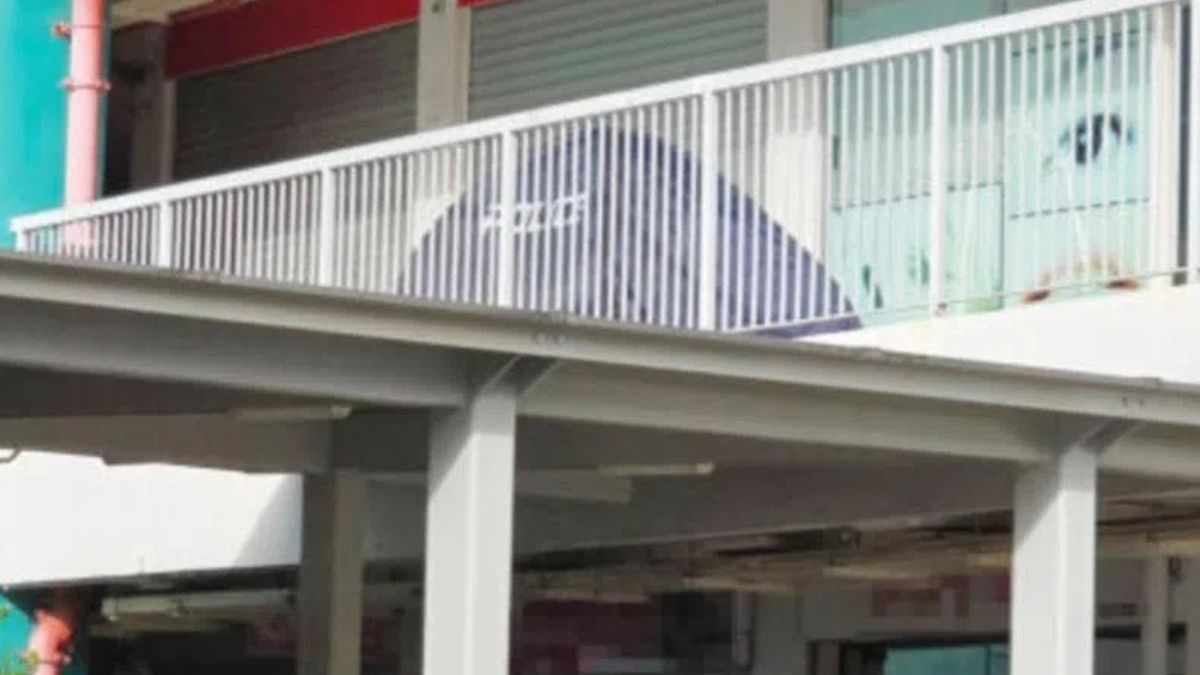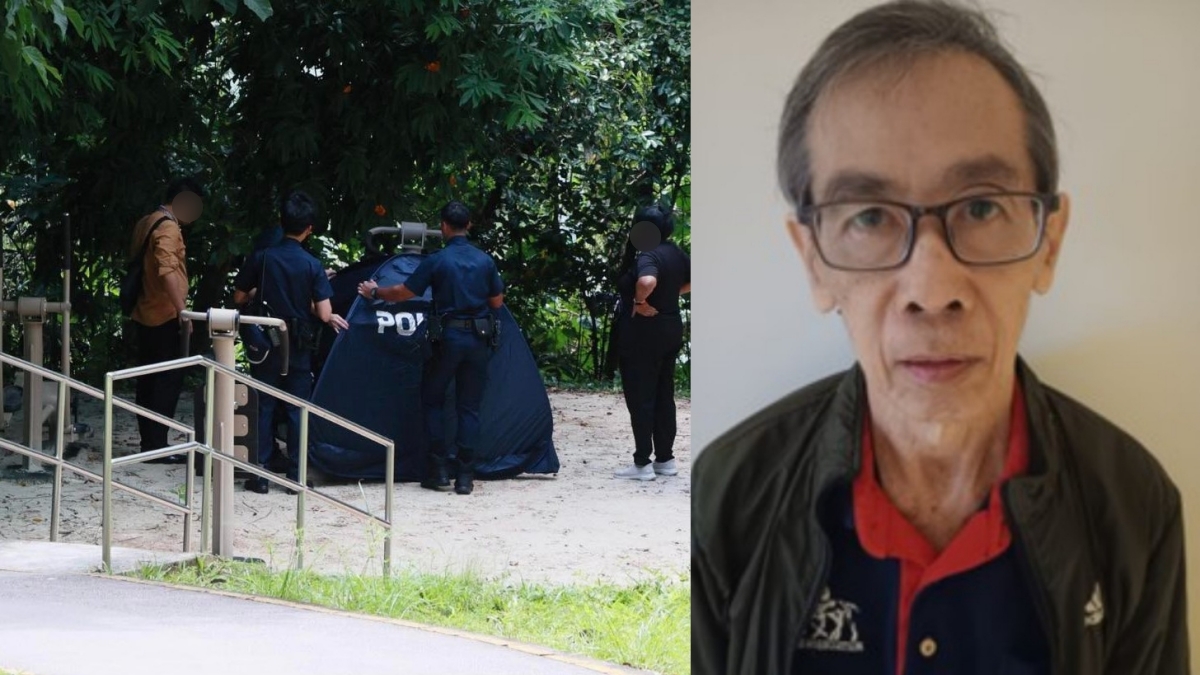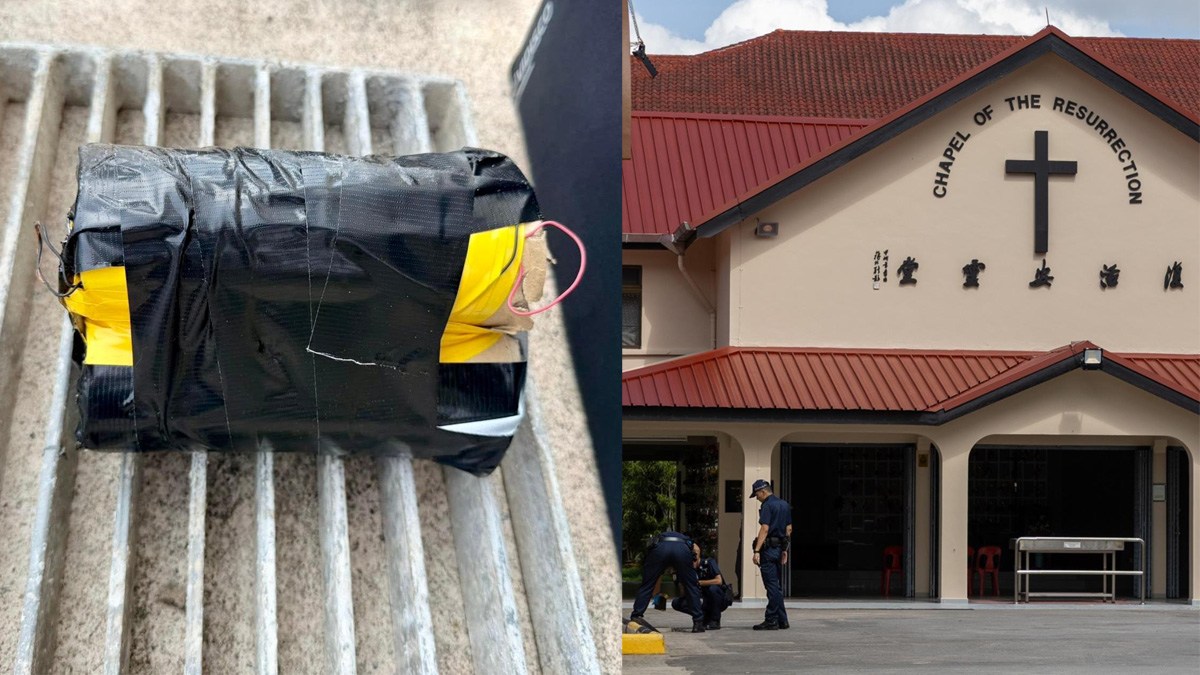Former Wirecard Asia director arrested in Singapore in global fraud sweep
Former Wirecard Asia director Brigitte Hauser-Axtner was arrested in Singapore on 4 November as part of a Europol-coordinated global operation targeting large-scale financial fraud networks linked to the collapsed German fintech company.

- Former Wirecard Asia director Brigitte Hauser-Axtner was arrested in Singapore on 4 November during a global law enforcement sweep targeting fraud syndicates.
- The Europol-led operation, codenamed Operation Chargeback, led to 18 arrests across nine countries.
- The suspects are accused of laundering over €300 million through fake online subscriptions and shell companies.
A former director of Wirecard Asia, Brigitte Hauser-Axtner, was arrested in Singapore on 4 November as part of a coordinated global law enforcement operation against fraud and money laundering networks.
According to The Straits Times, Hauser-Axtner, who is wanted in Germany, was detained by the Singapore Police Force (SPF) following a request from German authorities under an existing extradition agreement between the two countries.
The police said the German national is wanted for the alleged formation of a criminal organisation abroad, as well as computer fraud, gang-related offences, and money laundering under German jurisdiction.
The SPF added that Hauser-Axtner had not committed any offences in Singapore.
Further information was withheld pending ongoing investigations by the German authorities.
Global enforcement action
The arrest formed part of Operation Chargeback, a worldwide crackdown led by Europol and involving multiple agencies across Germany, the United States, Canada, Singapore, Luxembourg, Cyprus, Spain, Italy and the Netherlands.
In total, 18 people were arrested, including five in the US and two in Cyprus.
The operation targeted three major criminal syndicates accused of using payment processors to enable large-scale financial fraud.
According to Europol, four payment service providers in Germany were allegedly used to process and launder illegal transactions.
Although Europol did not name them, German investigative outlet Der Spiegel identified Wirecard among the firms implicated.
Scale and methods of the fraud
German investigators said the networks operated between 2016 and 2021, using stolen credit card data belonging to over 4.3 million people across 193 countries.
The fraudulent operations reportedly caused more than €300 million (S$438 million) in losses. The suspects allegedly used fake websites posing as streaming, dating and entertainment services to siphon funds through small, recurring payments — typically about €50 (S$73) — designed to evade detection.
Reuters reported that the transactions were disguised with vague billing descriptions, making it difficult for victims to identify unauthorised charges.
Europol also said that six executives and compliance officers are suspected of colluding with the criminal groups by providing access to payment infrastructure in exchange for illicit payments.
The network allegedly relied on shell companies registered in Britain and Cyprus to move funds discreetly while minimising chargeback risks.
Wirecard’s troubled legacy
The case marks another chapter in the continuing fallout from the collapse of Wirecard, a German fintech and digital payments company that filed for bankruptcy in June 2020.
The company imploded after revealing that €1.9 billion (S$2.9 billion) supposedly held in accounts in the Philippines did not exist, triggering one of Europe’s largest financial scandals.
Wirecard’s downfall prompted widespread scrutiny of financial oversight in Germany and raised questions about how the firm’s global subsidiaries were managed.
MAS urges vigilance
In the wake of the arrests, the Monetary Authority of Singapore (MAS) reminded consumers to remain alert to credit card fraud.
It advised cardholders to monitor transactions regularly, set low notification thresholds, and promptly report any unauthorised activity to their banks.
“Members of the public should also set low transaction notification thresholds and be alert to notifications from their banks,” the MAS said, adding that early detection is critical in minimising losses.











